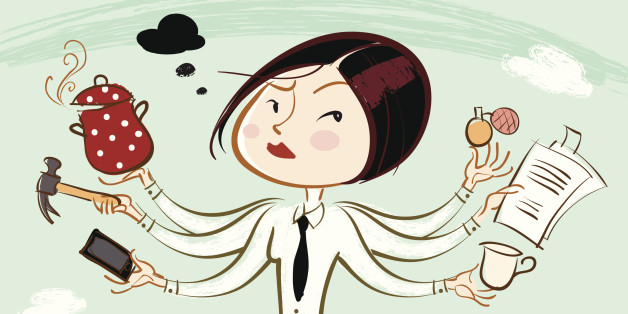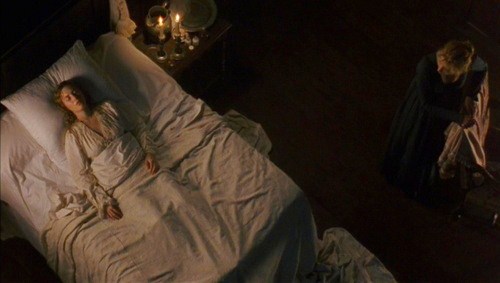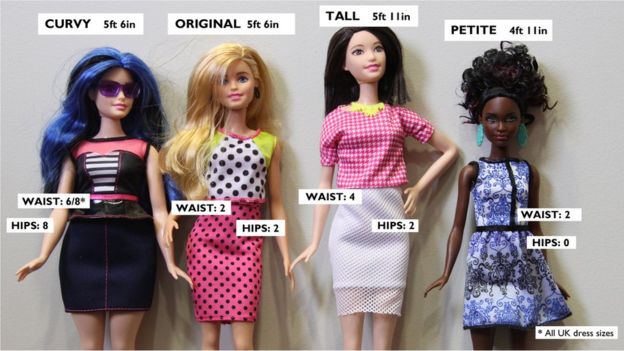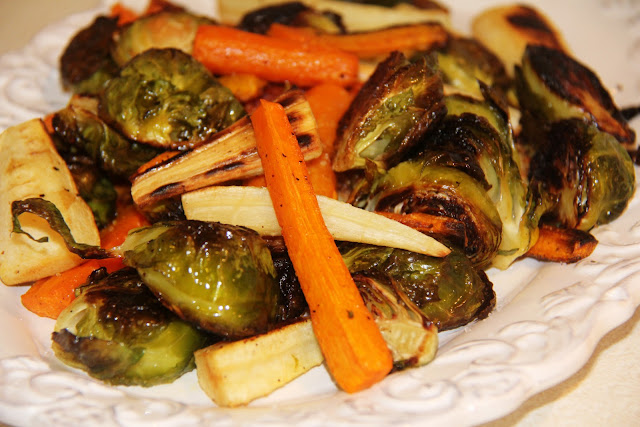As we know when it comes to food choices, there's what the head believes, and what the scale says.
The same premise works with another precious commodity: time. No one's got any, right? That's a trendy topic, like bone broth (an imminent post).

Laura Vanderkam believed the same—and considering her schedule and family size, so did I. Yet after carefully logging her hours, she was delighted to discover otherwise ("The Busy Person's Lies").
Despite her fourth baby and speaking engagements around the country, she wasn't being run to ground. Sure, there are busy weeks here and there, but those busy weeks are not reflective of the usual normal.
When other people tried time-tracking, their anxieties over their supposedly neglected families and responsibilities faded. Some did find that their work was demanding more than they were willing to give, and they quit, but most were happy to learn that their lives were not overwhelmed.
She concludes the article with the familiar message that time is precious:
A life is lived in hours. What we do with our lives will be a function of how we spend those hours, and we get only so many.
Natalie Henderson, a pediatric I.C.U. fellow at the University of Louisville’s Kosair Children’s Hospital, tracked her time for several weeks. She found that despite her 28-hour shifts, she was sleeping more than she thought. Her service weeks were intense — 70 to 80 hours — but others were light enough that she saw she could carve out time for exercise and real breakfasts with her children. More important, though, was the reason she wanted to add these things to her life. In the pediatric I.C.U., she says, “we lose kids.” It’s a constant reminder that “time goes, no matter what you do. I’m covetous of the time I have. I want to make sure I use it more wisely.”
Life is full, and life has space. There is no contradiction here.
This past Sunday, 60 Minutes aired the story of the avalanched hotel in Italy, and the appreciation of the survivors. As one survivor realized, what should we be prioritizing? Our busy-ness?
I think not.



















